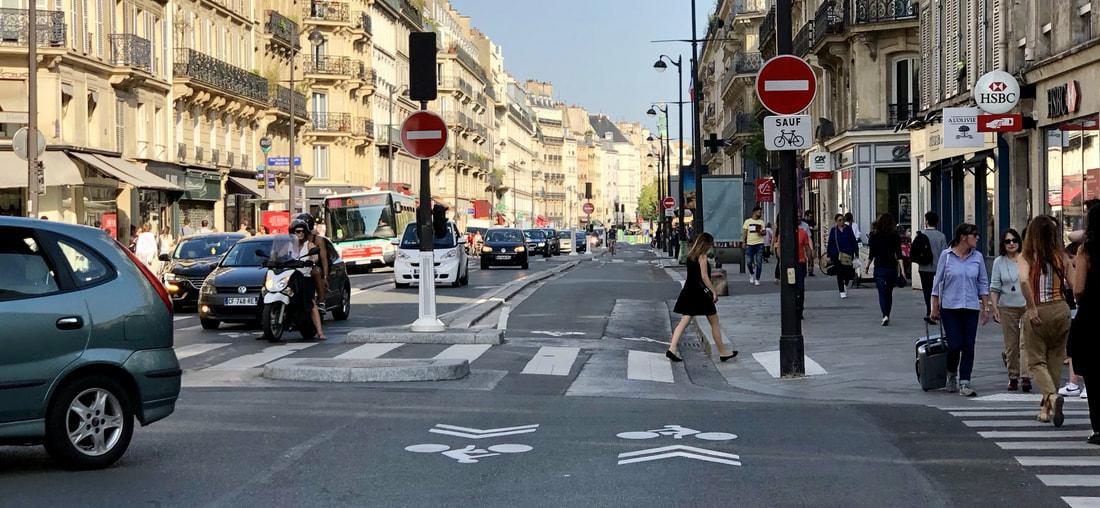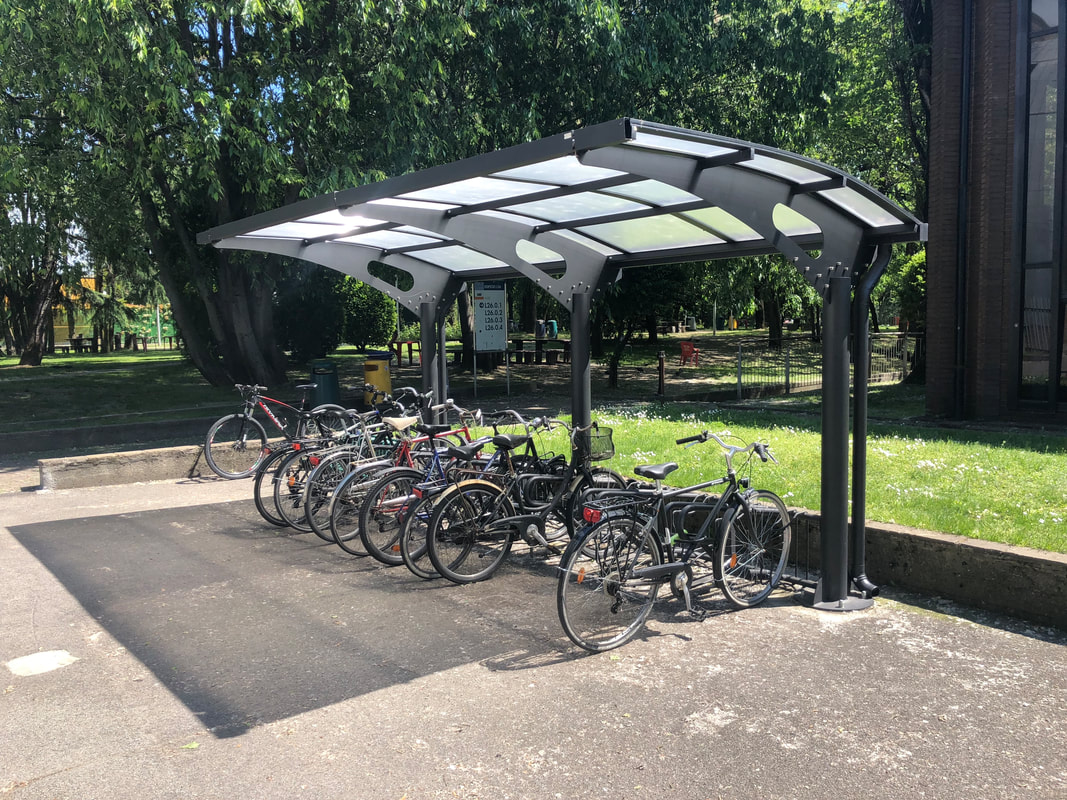 The Director of Master RIDEF, Prof. Lorenzo Pagliano will held a presentation on "Sufficiency policies in urbanism", linking actions for sufficiency and efficiency in buildings to the design of districts and cities and the use of public spaces. For buildings and cities to be able to stand the increase in global temperatures (and contribute to limiti it) there is need for more surfaces devoted to trees and parks, the need for large surfaces able to reflect out solar radiation. These uses compete with the present overwhelming use of public spaces for individual car traffic and parking. The energy sufficiency project has produced a number of concept papers and workshop reports, available on the project website: www.energysufficiency.org. The concept papers discuss different aspects of energy sufficiency and are intended to stimulate debate. Energy sufficiency Energy sufficiency can be described as a state in which people’s basic needs for energy services are met equitably and ecological limits are respected. It can also be described as the actions that move us towards this state; policy or practice changes that change the nature or the quantity of the energy services that we demand. Agenda and registration here Participation is free of charge. Limited number of seats. Time and venueTime: Thursday 16 May (9.00–18.00) Venue: Agence Française de Développement (AFD) Le Mistral, 3 Place Louis Armand, 75598 Paris Note: This is just next to Gare de Lyon This workshop The workshop will offer French and international views on the concept of sufficiency and how it can be translated to action in sectors including buildings, appliances, urban planning and transport, and agriculture. Attendees will hear and discuss the views of a wide range of stakeholders including government, NGOs, civil society representatives, academics and international organisations. A report on the workshop will be produced, circulated to all attendees and made available on the project website. Participation is free of charge. Agenda 9:00 – 9:30 Registration Opening Session 9:30 – 9:50 Welcome : ADEME (François Moisan, Executive Director, DEPR, France) eceee (Nils Borg, Executive Director, Sweden) AFD: (Mathilde Bord-Laurence, head sustainable and transport division, France) 9:50 – 10:40 Session 1: Concepts & Definition: Where are we? Moderator: Eric Vidalenc (ADEME) Definitions & concepts on energy efficiency: Joanne Wade (ADE, UK) For a voluntarist vision of energy sufficiency: Yamina Saheb (Energy charter, Belgium) Sufficiency: The need to develop a global approach Energy, Resources, Consumption Jean-Louis Bergey (ADEME, France) 10:45 – 11:00 Coffee break 11:00 – 12:40 Session 2: Which policy-mix for sufficiency: sectoral approach Moderator: Jean-Sébastien Broc (IEECP) Sufficiency policies in building: Anja Bierwirth (Wuppertal institute, Germany) Sufficiency policies in urbanism: Lorenzo Pagliano (Politecnico di Milano, Italy) Sufficiency policies for electrical appliances: Sophie Attali (Sowatt, France) Sufficiency policies in transport: Heike Brugger (Fraunhofer-ISI, Germany) Sufficiency policies in agriculture: Nicolas Tonnet (ADEME, France) 13:00 – 14:00 Lunch 14:00 - 16:30 Session 3: Round table Energy sufficiency myth or reality : The view point of stakeholders Moderator: Stéphane Signoret (Energie plus) View point of a ministry: Joseph Hajjar (MTES/EPM, France) View point of an energy efficiency agency: Chiara Martini (ENEA, Italy) View point of an international organisation: Benoit Lebot (IPEEC, France) View point of an NGO: Edouard Toulouse (Negawatt/réseau ENOUGH) France) View point of energy utility: Dominique Osso (EDF, France) View point of industrial: Claire Tutenuit (EPE, France) View point of a local actor: (Barbara Nicolo (Virages-énergie, France) View point of a local actor: Julien Camacho (CLER, France) View point of an international donor: José Lopez (AFD, France) 16:30 - 16:45 Coffee break 16:45 -17.00 Session 4: Energy sufficiency and social transition The role of energy sufficiency in a citizen energy transition: Patrick Behm (Labo ESS, France) 17:00 - 17:15 Fuel poverty versus energy efficiency: Marine Cornelis (Nextenergiescons, Italy) 17:15 - 17:30 Energy sufficiency is a political and social question above all: Solange Martin (ADEME, France 17 :45 : Conclusions Joanne Wade (ADE-eceee); François Moisan (ADEME) See full programme here
0 Commenti
Riduzioni del fabbisogno di energia fino all'80% in edifici residenziali pubblici e scuole a Milano5/5/2019 Presentazione dei risultati e passi successivi del progetto FP7 EU-Gugle (Pilot leader Italiano: end-use Efficiency Research Group del Politecnico di Milano, altri partner Comune di Milano, AMAT)
Il 14 marzo 2019 Venerdì 3 maggio 2019 dalle 18:00
presentazione del libro: "Non c'è più tempo. Come reagire agli allarmi ambientali" con l'autore @Luca_Mercalli. e prof. Eugenio Morello Aula De Donato - Via Ampere 3, Fermata Metro Piola Gradito l'arrivo in bici, a piedi, mezzi pubblici o combinazioni La rassegna Incontro con l’autore prosegue con un dialogo tra Luca Mercalli, presidente della Società Meteorologica Italiana e giornalista scientifico RAI / La Stampa, ed Eugenio Morello, Delegato al Progetto Sostenibilità Ambientale di Ateneo. |
L. PaglianoProfessor of Advanced Building Physics, Director of end-use Efficiency Research Group Categories
Tutto
Archives
Novembre 2021
|
